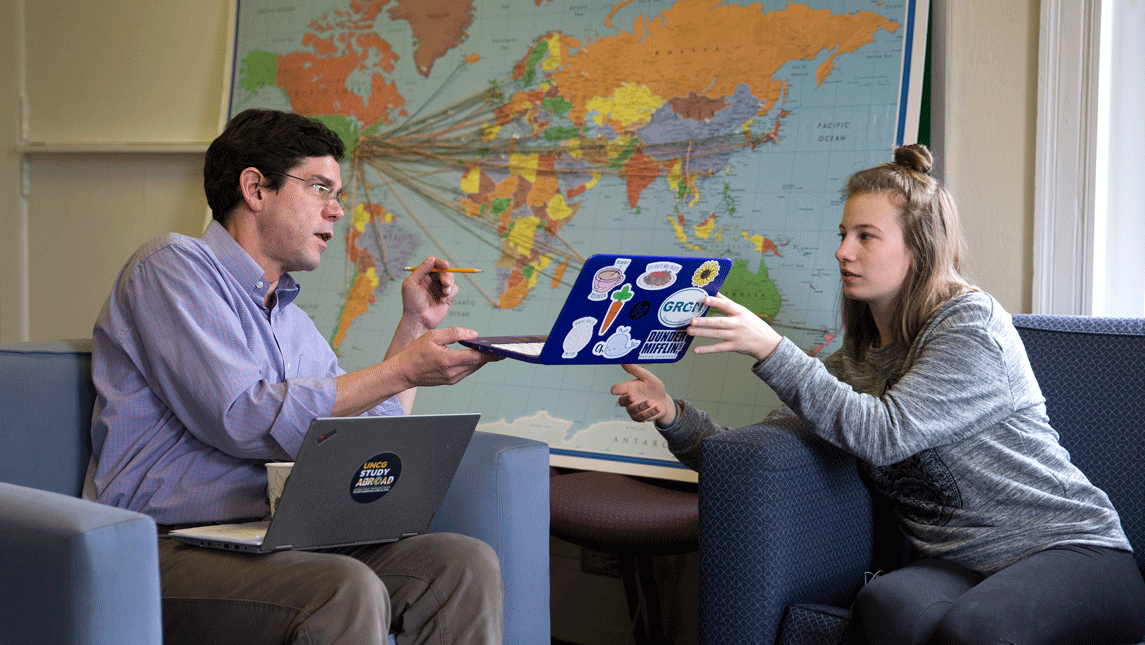Just because the Spring semester is over doesn’t mean the fun has to stop at UNCG. From summer session classes to summer camp opportunities, UNCG aims to give all students a chance to find their way to the best learning opportunities on and off campus. One of the best ways students can continue their learning journey over the summer is with UNCG faculty-led study abroad programs.
These programs are short and sweet. They award students with credits for taking classes abroad. Students are able to choose from UNCG’s long list of summer study abroad programs and choose the one best suited to their interests. We asked three UNCG summer program directors for their advice to students when studying abroad.
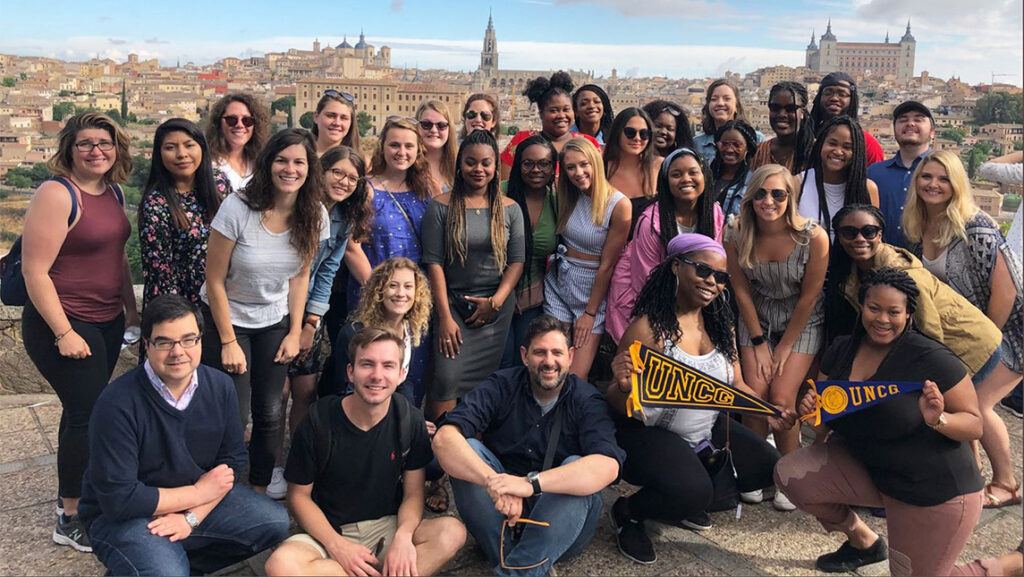
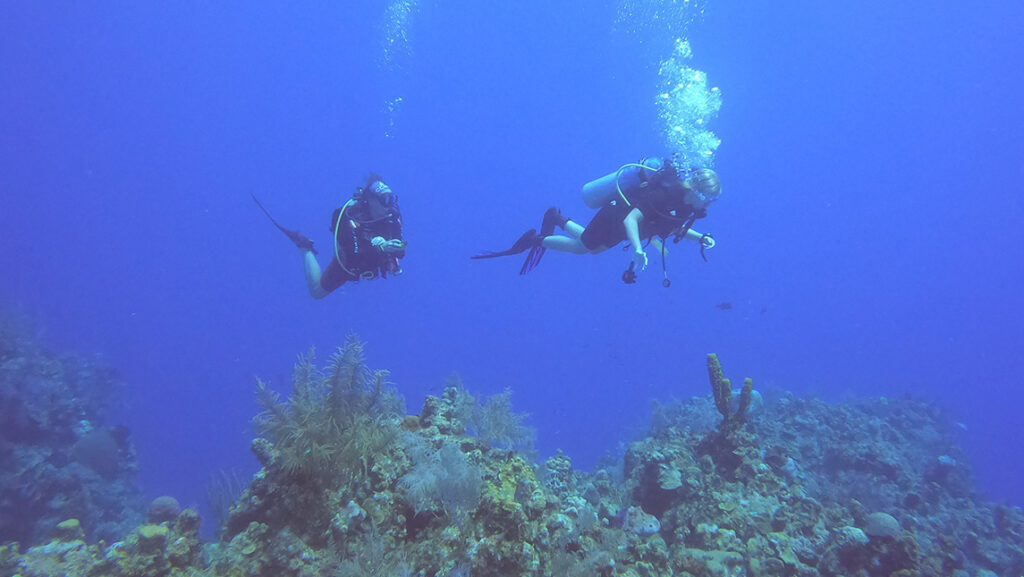
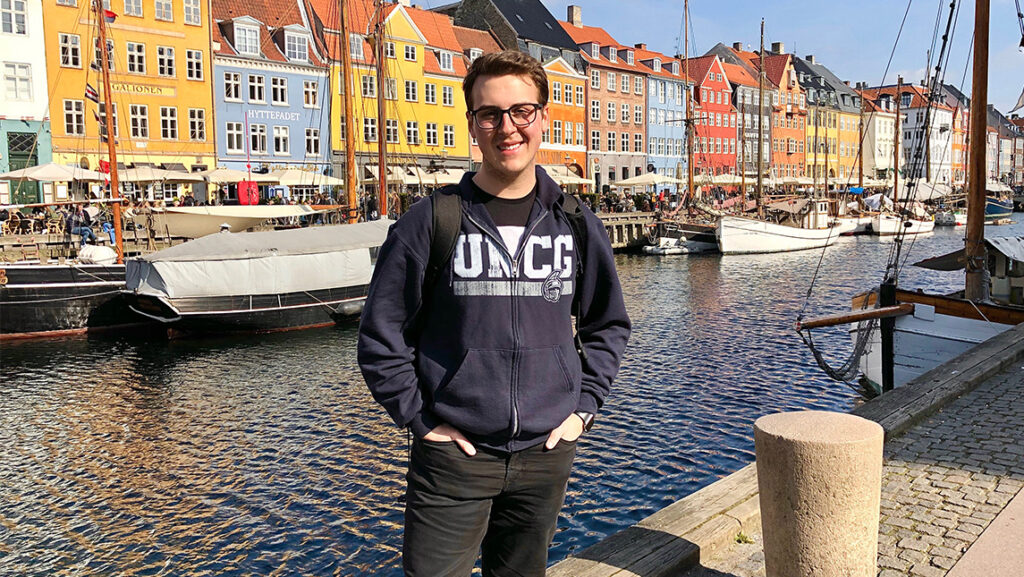
- Pack light
Dr. Melanie Stadler is leading the Biology of Sea Turtles trip in Costa Rica this summer. When asked for tips students should keep in mind when studying abroad, she says, “Practice packing light and only what you need. There’s nothing worse than getting to a place and having to lug around a suitcase full of things you aren’t actually using.” Dr. Stadler says that one way a student can assess their needs for a trip is to “talk to other students who have traveled to the location you are wanting to go and learn from their experiences.”
During the Biology of Sea Turtles trip in Costa Rica, students engage in fieldwork, take part in service learning, and get involved in conservation efforts in the U.S. and abroad, all while earning 6 credit hours toward their academic transcript. In the words of Dr. Stadler, “The Sea Turtles in Costa Rica trip provides students the opportunity to participate in the longest-running sea turtle research program in the world. They get to work with amazing endangered species, meet researchers from all over the world, collect data to be used in policy-changing work, and learn about wildlife conservation in another county. All amazing aspects of studying abroad!”
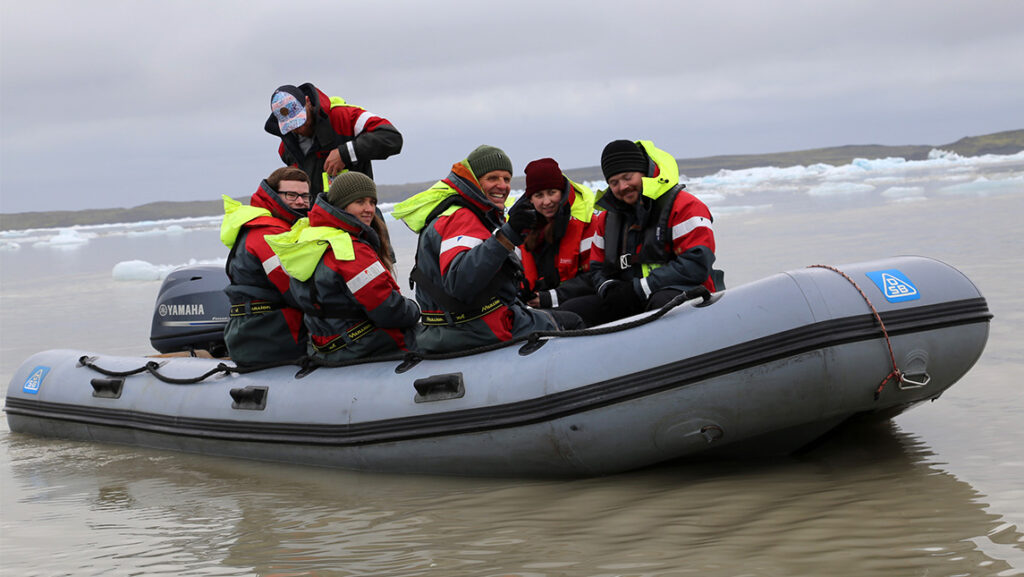

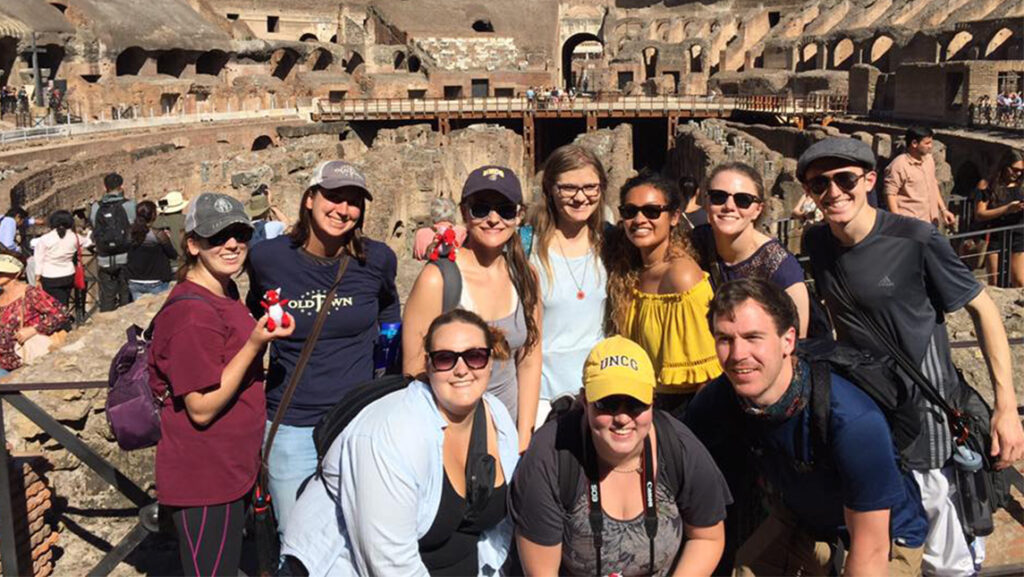
- Get your papers together
Leading the trip to Cadiz, Spain is Professor Ignacio Lopez. He says, “Make sure you have a digital or paper high-quality copy of your passport. If your passport gets lost it will significantly speed up the processing of an emergency passport.” Planning to keep your passport and other papers safe during your trip could be essential to making sure you have fun in the sun. You need to do research about your destinations to make sure you have the right documentation for your trip.
Professor Lopez says, “Buy a new SIM card when you arrive at your destination instead of the international phone plan,” and “always pay in USD with your credit card.”
During the Summer Cadiz trip students will be able to study the Spanish language and culture during a five-week immersion experience. The program blends rigorous academic study and varied co-curricular activities. Students benefit in class and outside the classroom from meaningful real-life communication. Through daily instruction, cultural visits, field trips, and cultural events such as flamenco dancing and a culinary lesson, students have the opportunity to build new vocabulary and develop the four skills – listening, speaking, writing, and reading. Professor Lopez says for students to keep in mind that “‘Study abroad’ has two words, so don’t forget to ‘study’ and don’t forget to live the ‘abroad’ experience.”
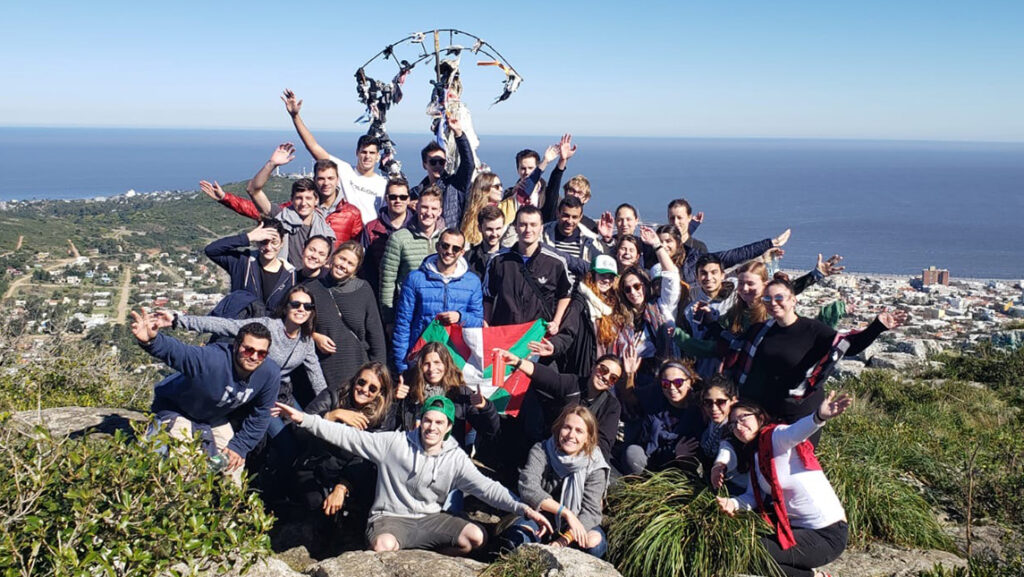
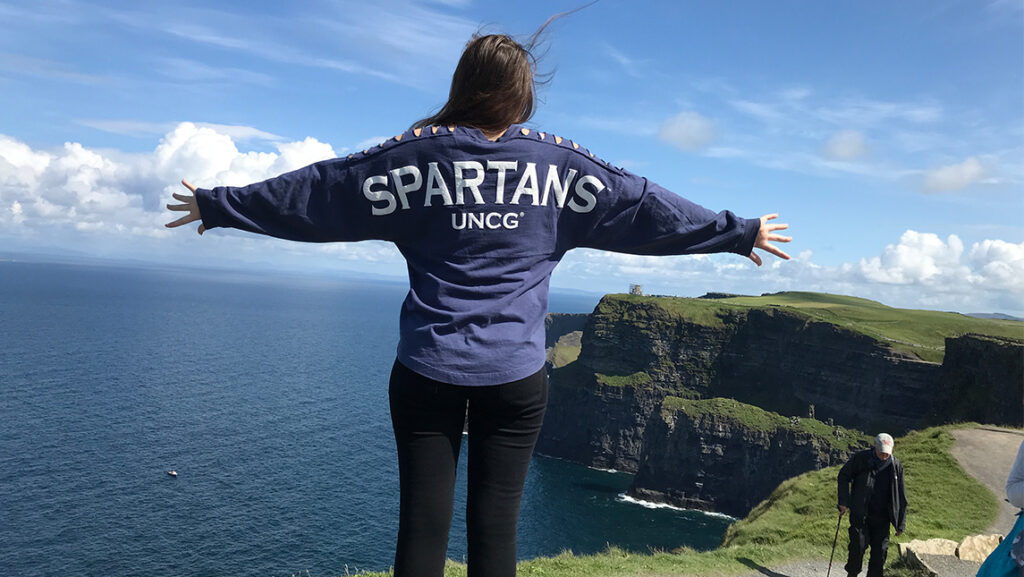
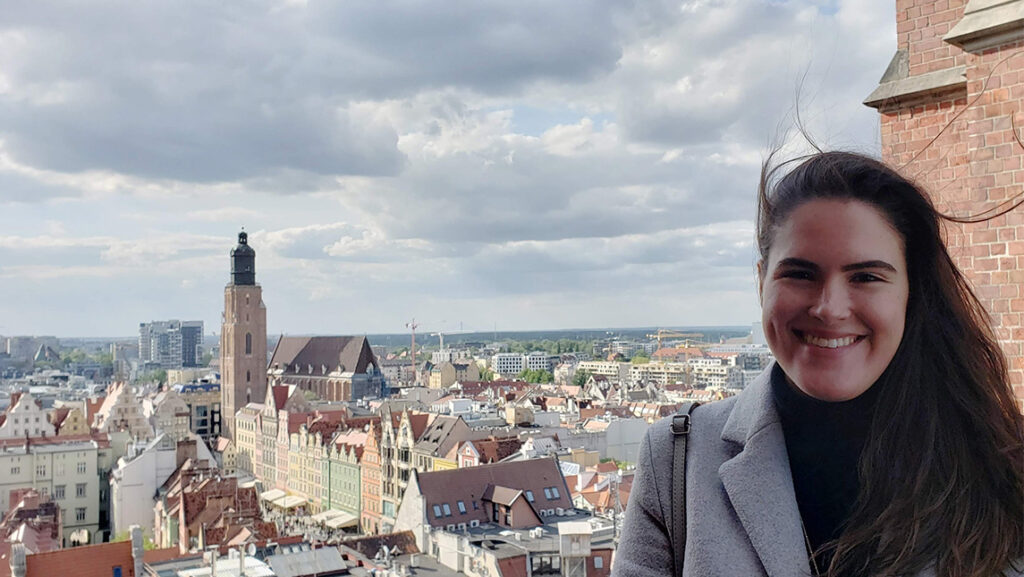
- Research and experience it all
Dr. Aaron Allen and Dr. Kailan Rubinoff are leading the Grand Tour of Italy this summer. Dr. Allen says, “Get a new pair of very good walking shoes and break them in before you depart. Bring earplugs, eye masks, and whatever else you need to get a good night’s sleep.” Exploring the themes of music and sustainable travel, the Grand Tour of Italy will have the opportunity to view operas, museums, and archaeological sites such as Pompeii while learning about efficient public transportation, low-impact accommodations, Slow Food dining, and an exploration of local Italian nature, history, and culture beyond mass tourism.
In the end, he says students should research the area where they will be studying, and learn as much about the history and culture of the places they would like to visit. He says they should make their own itinerary to know what items will work for them best. Dr. Allen notes that studying abroad is an amazing experience for students, and they should be sure to “get off the beaten path and hear, taste, smell, and touch as much as they can to broaden their sensory experience and develop more profound memories.”
For more information about how to get involved in studying abroad, students should visit UNCG’s International Programs Center.
Story by Dana Broadus, University Communications
Photography by Sean Norona, University Communications
Additional Photography by Lynn Hey and courtesy of UNCG students
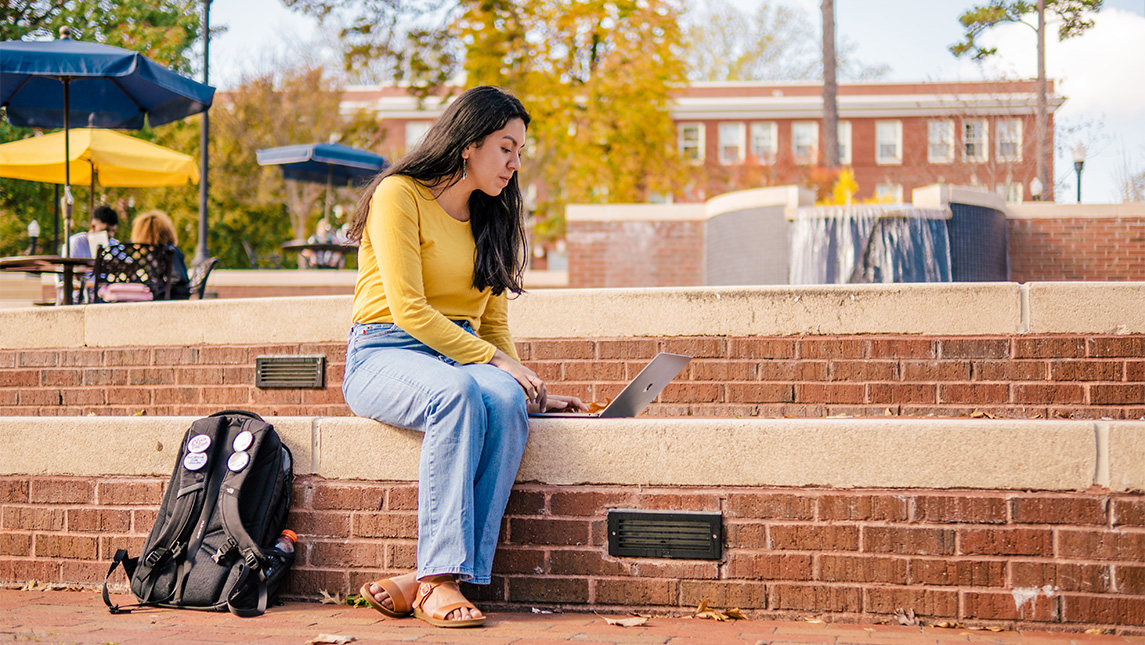
Study close to home or around the world
